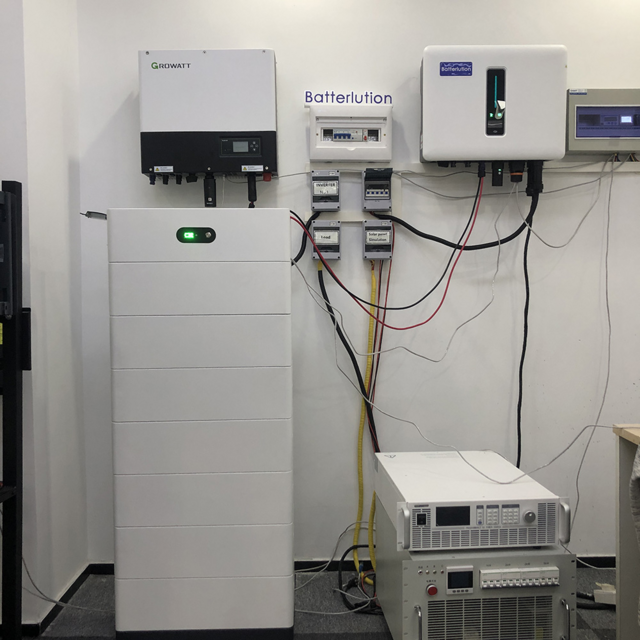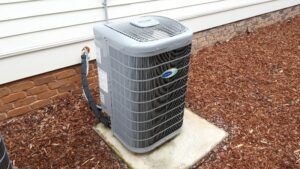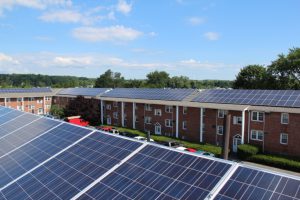Tax Years 2024, 2025 Have Generous Inflation Reduction Act Energy Credits
. Posted in News - 0 Comments
We previously covered the inflation reduction act (IRA) for landlords. The credits are available on your tax return for 2024, 2025 and subsequent years. The offerings for a rental business are limited, but there are substantial credits for homeowners in general. There are 30% credits available with no dollar cap for individual taxpayers installing solar panels, battery storage or geothermal on their primary residence. What’s more, a primary residence can be partially for business use and the credit may still apply.

Any building that is 20% business use or less is eligible for the full credit. Under previous long-standing IRS guidance, business use can be calculated on the basis of square footage, time or both. This means that you can potentially rent out your home for two months a year, or rent out a room or a small ADU of less than 20% of the square footage of the building, and claim the full credit.
Any building more than 20% business use is eligible for a pro-rated credit according to the share of expense allocable to non-business use. For instance, if you install solar panels on your owner-occupied three-decker and put them entirely on your meter, that could still qualify for the full credit because the use is 100% non-business.
Among the frequently asked questions published as of April 2024, we still had not yet seen lookback guidance. This implies you may be able to claim the credit in one year, then in a subsequent year move out and convert the property to business use, without running afoul of the rules. (Do you know for sure? Email us at hello@masslandlords.net.) This would be of interest to at least a few owners. We previously published strategies to monetize solar in rentals.
Remember also that at least two Massachusetts utilities will pay for demand response via battery storage. This means during the summer, you can get paid to send energy back into the grid. If you are installing batteries in your own home, the IRA residential energy credits could reduce your investment cost by 30%, shortening your return on investment timeframe by about 30% as well. IRA-supported solar panels, battery storage and enrollment in a demand response program can potentially provide a cash return on your investment, as long as you are making that investment in your own name. Plus, this new tech will increase your property value, contribute to emissions reductions and make your property more resilient to power outages.
Always talk with an accountant before taking any action that could impact your tax liability. When in doubt, steer clear of gray areas. If you have specific citations to help us improve this article, email us at hello@masslandlords.net.






